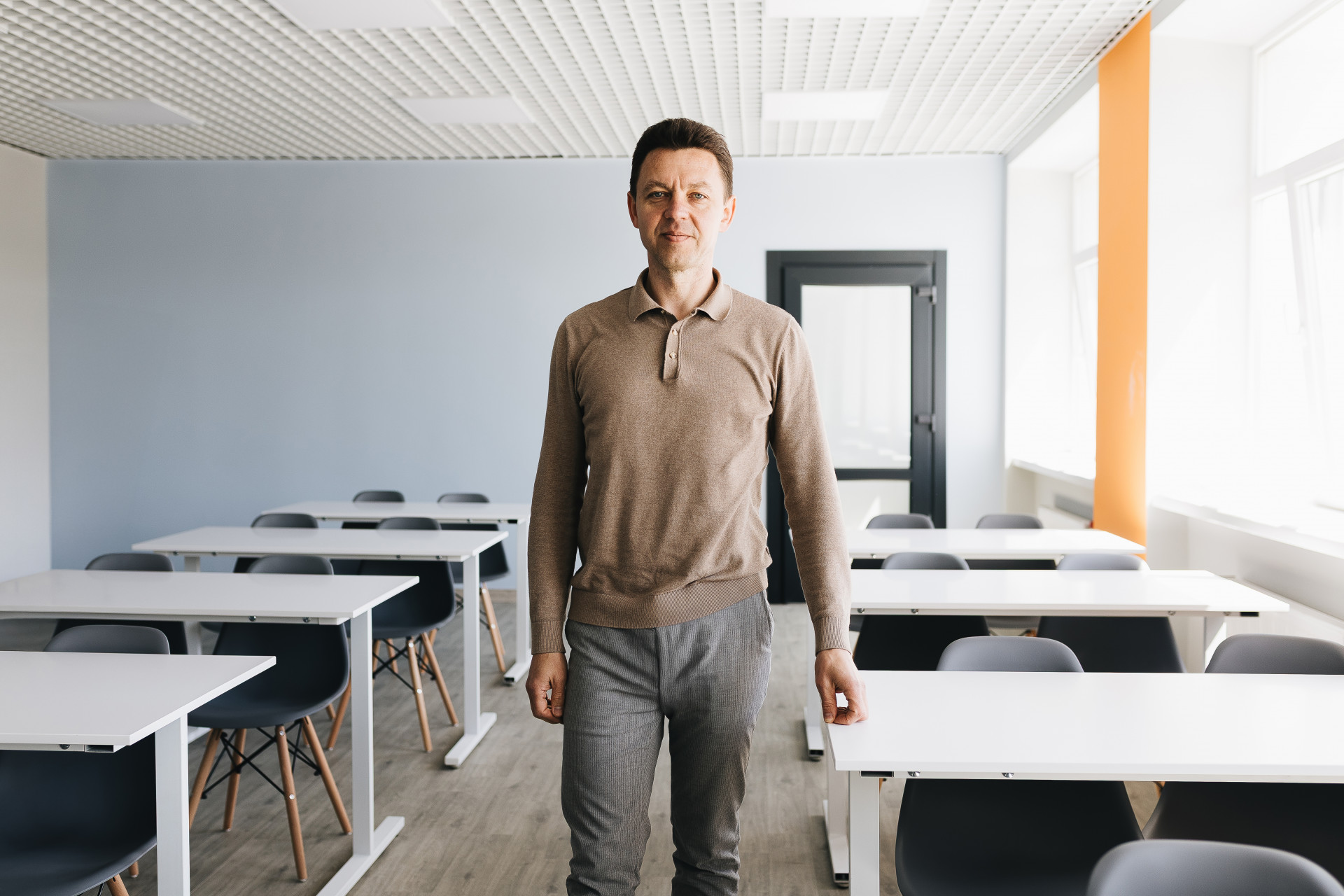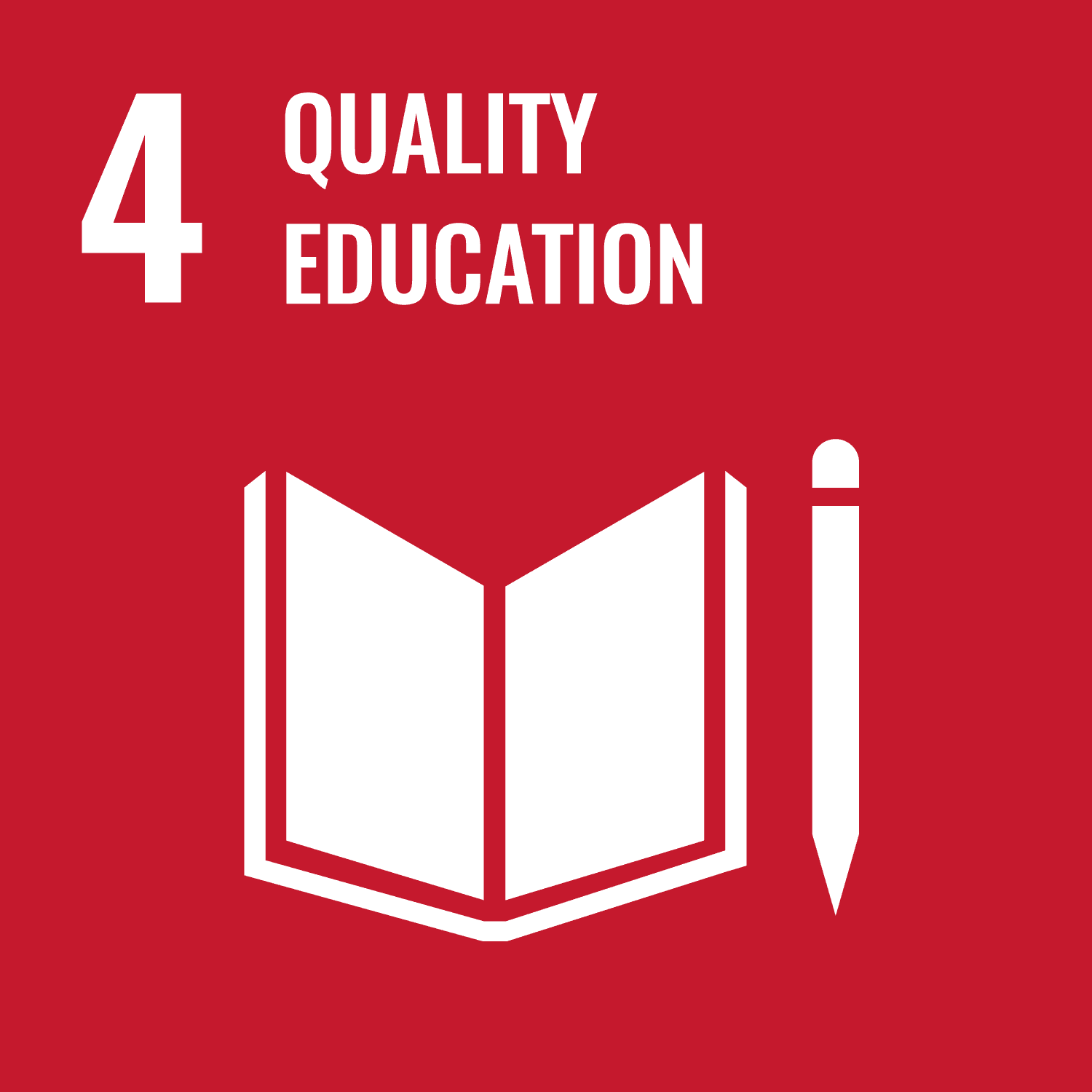The city suffered enormous destruction during the blockade days. 80% of the educational infrastructure was damaged, including 27 out of 34 schools (two completely destroyed), 37 out of 52 kindergartens, and all five vocational education institutions. Water, gas, and electricity supplies were cut off. Everything that is considered normal for the functioning of a city in peacetime was destroyed by the enemy. Their goal was probably to take the city at any cost. Through joint efforts, however, we prevented this from happening.
Online education was resumed in April, as it was important to establish contact with children, find out how they were doing, and restore a sense of “peaceful life.” But it was also necessary to react swiftly so that adults could return to the city and be engaged in its restoration. Most of them have children, so our priority was to create conditions for educational institutions to operate in their usual format.
In the summer of 2022, we organized summer clubs where psychologists and teachers worked with children to gradually return them to normal life. At the same time, we equipped and repaired shelters that had previously been used as storage facilities. In fact, to resume in-person learning, we had to prepare shelters in educational institutions and rebuild what had been destroyed. All this was despite a lack of funds and tight deadlines.
We couldn't have done it without the outside support. In August 2022, we opened the first kindergartens, and on September 1, we opened 22 mixed-format schools in Chernihiv. We continued the restoration, and by the end of the school year, 29 schools were up and running. Currently, only one school is working remotely due to the lack of shelter facilities.
Chernihiv joined the Swiss-Ukrainian DECIDE project in 2023, and I am glad to have this opportunity to work together. We have received both financial support for reconstruction and assistance from experts in developing strategies for institutions and setting up a care council.




